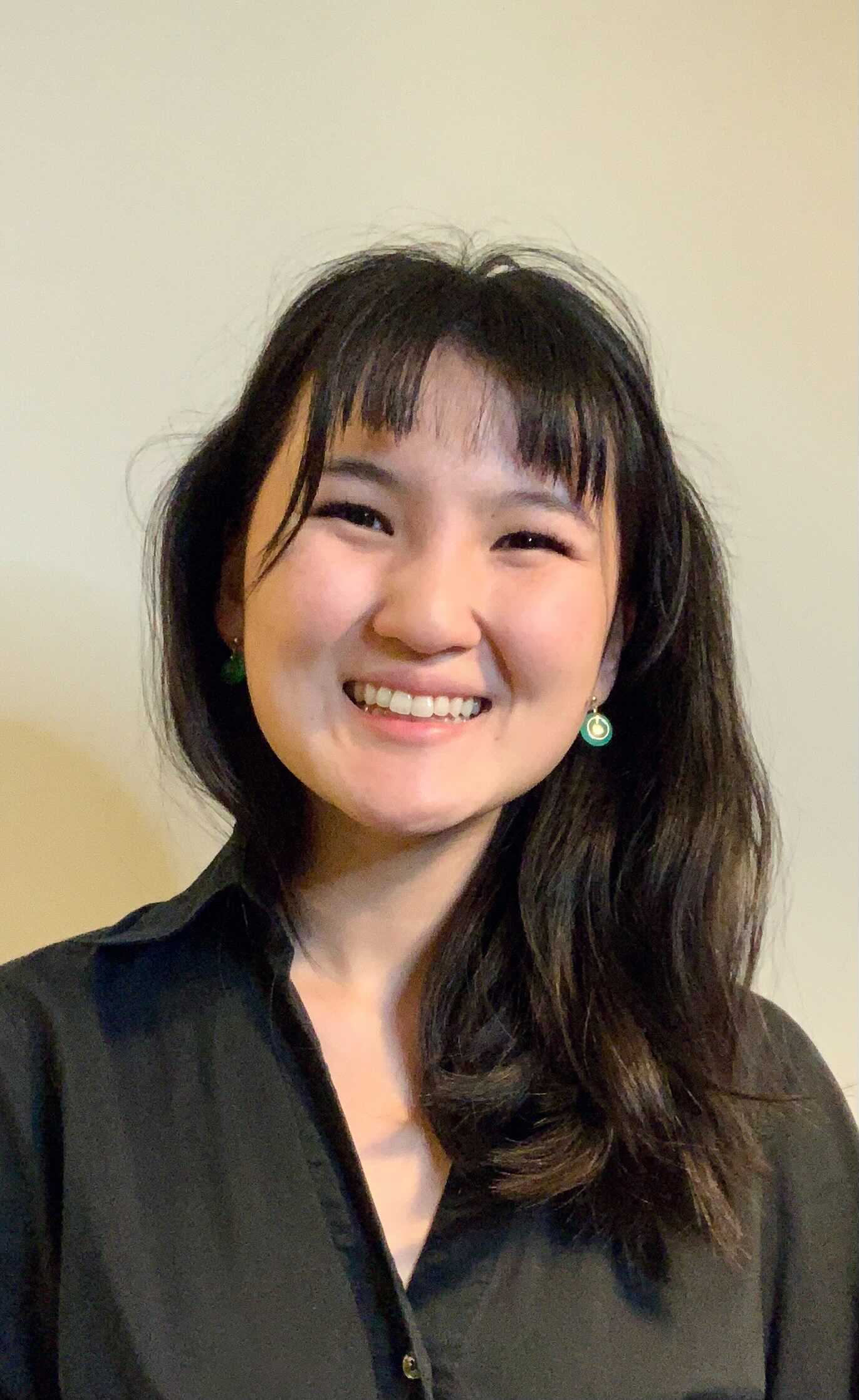Autism Spectrum and Developmental Disorders
Community-guided, autism-adapted cognitive behavioral therapy for depression in adolescents: Preliminary feasibility, acceptability, and efficacy of CBT-DAY
(PS3-A21) Community-guided, Autism-adapted Cognitive Behavioral Therapy for Depression in Adolescents: Preliminary Feasibility, Acceptability, and Efficacy of CBT-DAY

Jessica M. Schwartzman, Ph.D.
Assistant Professor
Vanderbilt University Medical Center
Nashville, Tennessee- ZW
Zachary J. Williams, B.S.
MD/PhD Student
Vanderbilt University
Nashville, Tennessee - MR
Marissa Roth, M.S.
Graduate Student in Clinical Psychology
Vanderbilt University
Nashville, Tennessee - AP
Ann Paterson, Ph.D.
Professor of Biology
Williams Baptist University
Walnut Ridge, Arkansas 
Alexandra X. Jacobs, B.A.
Researcher
Independent
San Francisco, California- BC
Blythe Corbett, Ph.D.
Professor
Vanderbilt University Medical Center
Nashville, Tennessee
Author(s)
Co-Author(s)
Autistic adolescents are over 2x more likely to experience depression than non-autistic adolescents; however, interventions for depression in autism are limited and autistic people are often excluded from depression intervention trials. Autism-adapted cognitive-behavioral therapy (CBT) for anxiety and OCD outperform standard CBT approaches, which demonstrate promise for depression. Interventions designed for and with autistic people are a top priority for this community that can optimize clinical outcomes, and are an important first step in treating depression. Therefore, to address this gap, we collaborated with autistic adults, researchers, and parents to design an autism-adapted group CBT intervention, Cognitive Behavioral Therapy for Depression in Autistic Youth (CBT-DAY). In this pilot nonrandomized trial, we examined the preliminary feasibility, acceptability, and efficacy of CBT-DAY in targeting emotion dysregulation and negative self-esteem to improve depression symptom severity in autistic adolescents.
The sample included 24 autistic adolescents (7 cisgender females, 12 cisgender males, 5 non-binary youth) with elevated depressive symptoms between 11-17 years old (mean age = 13.52) who participated in 12 weeks of CBT-DAY. Feasibility was assessed by attrition, session attendance, and success of data collection, while acceptability was assessed by family ratings at intervention conclusion. Parent- and self-report measures of intervention mechanisms (i.e., emotion dysregulation, self-esteem) and the primary clinical outcome (i.e., severity of depressive symptoms) were collected at pre-intervention (T1), midpoint (T2), intervention conclusion (T3), and 12-week follow-up (T4). A series of linear mixed-effects models, with timepoint as a fixed effect and participants as random intercepts, were employed to examine changes in target mechanisms and primary and exploratory clinical outcomes over time.
Results suggested that CBT-DAY was feasible to implement in an outpatient setting given relatively low attrition (4/24; 16.67%) and high session attendance (85%). The majority of adolescents (86%) and parents (95%) were satisfied with CBT-DAY. Over the full duration of CBT-DAY (T1-T3), the target mechanisms of adolescent emotion dysregulation (β=-2.51, p=0.02, d=0.35) and self-esteem (β=-2.51, p=0.02, d=0.42) significantly improved. Adolescent depressive symptoms significantly improved over the full duration of CBT-DAY, per self-report only (β=-7.59, p< .001, d=0.68). Exploratory analyses revealed that adolescent total internalizing symptoms significantly improved over CBT-DAY from T1-T3, per self- (β=-5.29, p=0.01, d=0.44) and parent-report (β=-5.51, p=0.01, d=0.40). Treatment gains in emotion dysregulation, self-esteem, and depressive symptom severity were maintained at follow-up (T4). Findings highlight the importance of community collaborations in designing and testing interventions for autistic people, and the promise of a group CBT model to effectively treat depression in autistic adolescents. Future directions of this work include a larger controlled trial to test the efficacy, and future implementation, of CBT-DAY.

